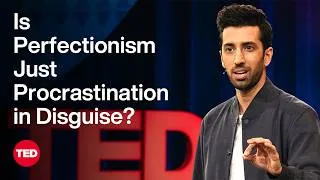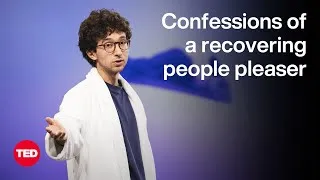How to Use the Past Perfect Tense in English - English Grammar Lesson
232,906 views ・ 2020-03-06
Vă rugăm să faceți dublu clic pe subtitrările în limba engleză de mai jos pentru a reda videoclipul.
New videos
Original video on YouTube.com
Acest site vă va prezenta videoclipuri de pe YouTube care sunt utile pentru a învăța limba engleză. Veți vedea lecții de engleză predate de profesori de top din întreaga lume. Faceți dublu clic pe subtitrările în limba engleză afișate pe fiecare pagină video pentru a reda videoclipul de acolo. Subtitrările se derulează în sincron cu redarea videoclipului. Dacă aveți comentarii sau solicitări, vă rugăm să ne contactați folosind acest formular de contact.







